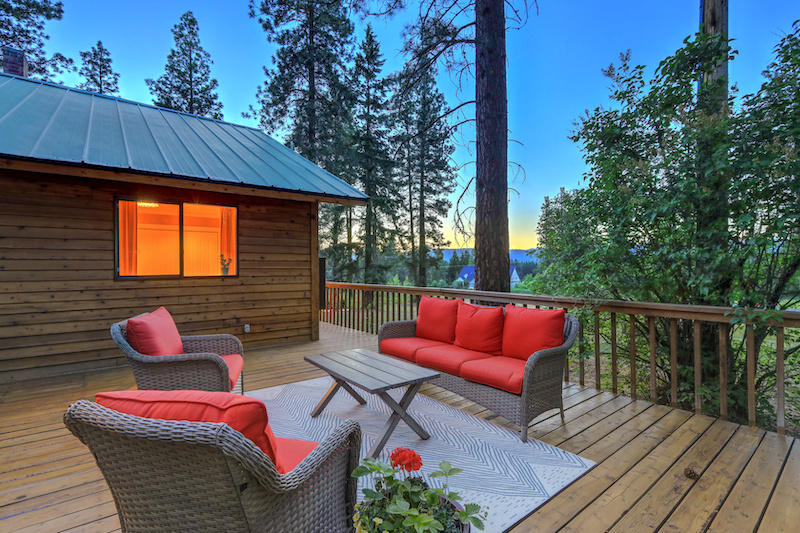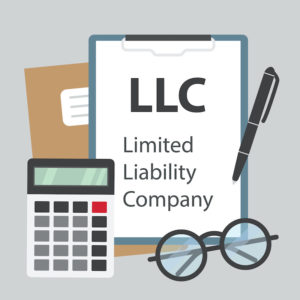
The National Association of Home Builders reports that people owned 7.5 million second homes in 2018. This makes up 5.5 percent of the total number of homes. Such vacation property must be planned for, managed, and maintained. What’s more, they birth happy memories for their owners. Consider these estate planning questions to protect your place of happy memories.
What Happens to vacation property when you die?

The fate of your post-humous vacation property depends largely on ownership. Therefore, if you own it outright or if you own it as a tenant in common others, you instruct executors about your interest in the property. Do you own the property with another person (as joint tenants with rights of survivorship)? On the contrary, is ownership with a spouse as tenants? In this case, your interest automatically transfers to the remaining owner without court involvement. If a trust or limited liability company owns the vacation property, the entity’s ownership continues after your death. In some cases, the trust instrument or operating agreement lays out additional instructions.
What Do You Want to Happen to Vacation Property at Your Death?

Thankfully, by proactively creating an estate plan, you detail (in a legally binding way) what happens to your money and property. Note that if you fail to create a plan for your property (and if it is not owned in joint tenancy with right of survivorship or tenancy by the entirety), the state decides. They do so based on laws, often after a lengthy probate process. Court-supervised probate winds up affairs and appropriately distributes money and property. Also, note that owning property in a different state from where you reside could lead to your loved ones opening two probates. Several different options apply to your vacation property:
Give the property outright to a loved one.

Your oldest child, someone who plans to continue using the property, or an individual with the financial means for maintenance.
Leave the property outright to a group.
Because your whole family enjoys gathering together now, you may stipulate they continue gathering there after you die.
Give the property to a group of people as tenants in common. Create an ownership agreement.
If multiple parties are involved, each with their own property interest and personal financial situations, your attorney could create an ownership agreement to stipulate individual rights and responsibilities.

Prior to your death, transfer the property to a Revocable Living Trust (RLT) for a long period of time or even indefinitely.
If the trust owns the property’s owner when you die, beneficiaries look to the trust to determine the law. In such a case, probate is unnecessary. In fact, you can specify property rules. Thus, the court determines distribution to beneficiaries.
Prior to your death, transfer the property to a special trust. The trust could own the property for a long period of time or even indefinitely.
Lawyers advise this option if you want to separate one property from the rest of your money and property. This trust agreement calls out each beneficiary’s specific rights and responsibilities with respect to property use and enjoyment.
Prior to your death, transfer the property to a limited liability company.

Depending on your objectives for the property, transferring it to a limited liability company may provide beneficiaries with additional asset and liability protection. The company operating agreement could specify each company owner’s rights and responsibilities with respect to any company property.
Instruct a trusted decision maker to tie up affairs by selling the property.
If you prefer your heirs inherit the money from the property’s sale, you can stipulate it be sold and the proceeds distributed at your will.
Can Your Beneficiary Afford the Vacation Property?

While your family may share happy memories relative to a vacation property, responsibilities abound. If you decide to leave your property outright to a person or group of people, they also inherit responsibility for financial obligations such as mortgage payments, utility bills, property insurance, and taxes. Make sure heirs can meet financial obligations if you want to leave the property to them.
If More than One Person Will Have an Interest in the Property, Do They All Get Along?
Although your children may get along now, will they see eye to eye after you die? Owning property together necessitates communication, agreement, and equal contribution to property maintenance. A proper estate plan addresses these issues by stipulating:
- Everyone’s responsibilities with respect to the property
- Each heir’s rights to the property
- Who makes the decisions
- What to do in the case of a dispute
- How someone walks away from the property
What Should You Do?

First, legally document your wishes to ensure that your loved understand your plans. Second, if you remain concerned about beneficiaries’ financial viability, meet with a financial advisor. They will help design a plan enabling you to set aside money for vacation property maintenance.
Also, meet with an insurance agent to properly insure the property. Finally, meet with a tax adviser to understand potential tax consequences of transferring vacation property.
If you are interested in learning more about your options for protecting your vacation property, please contact us.

About Skvarna Law Firm in Glendora and Upland, California
A skilled attorney can assist with your estate plan. Contact us today to learn about your options (909) 608-7671. We operate offices in Glendora and Upland, California. We provide legal services for individuals living in San Bernardino, Los Angeles, Orange and Riverside Counties. This includes the cities of Upland, Ontario, Rancho Cucamonga, Fontana, Colton, Rialto, Chino, Chino Hills, Glendora, Claremont, Montclair, Pomona, La Verne, San Dimas, Azusa, Covina, West Covina, Diamond Bar, Walnut, La Puente, Corona, Norco & Mira Loma. Visit SkvarnaLaw.com to learn more.


